
First World Dreams
Mexico Since 1989
Mexicans have long dreamt of the First World, and in recent times it has landed there with a thud. Under the guise of globalization, Mexico opened its borders, reformed its political system, and transformed its economy. The impacts have been paradoxical. A vibrant civil society is marred by human rights abuses and violent rebellion. Market reforms have produced a stable economy, economic growth and great fortunes, while devastating much of the countryside and crippling domestic producers. Mexico is today one of the world’s largest exporting nations, yet has a perpetually negative trade balance. It is a country in a perpetual state of becoming; a modern industrial democracy where human rights are respected-and a violent, fragmented place where the chasms of wealth and poverty threaten to undo the dreams of modernity.
About the book
Mexicans have long dreamt of the First World, and in recent times it has landed there with a thud. Under the guise of globalization, Mexico opened its borders, reformed its political system, and transformed its economy. The impacts have been paradoxical. A vibrant civil society is marred by human rights abuses and violent rebellion. Market reforms have produced a stable economy, economic growth and great fortunes, while devastating much of the countryside and crippling domestic producers. Mexico is today one of the world’s largest exporting nations, yet has a perpetually negative trade balance. It is a country in a perpetual state of becoming; a modern industrial democracy where human rights are respected-and a violent, fragmented place where the chasms of wealth and poverty threaten to undo the dreams of modernity.
Contents
- Why 1989?
- Salinastroika
- 1994
- The Last Days of the PRI?
- Border Crossings in an Age of Terror
- Conclusion: Democracy in Mexico


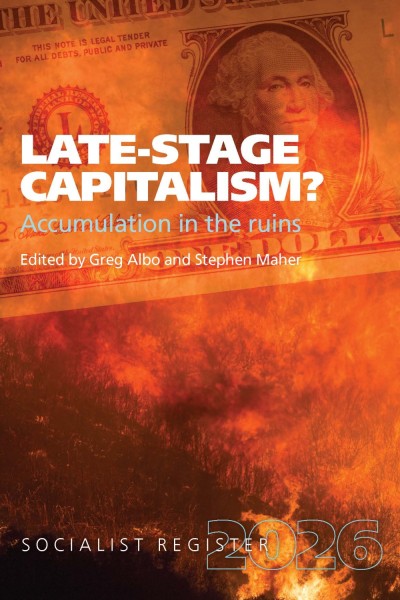
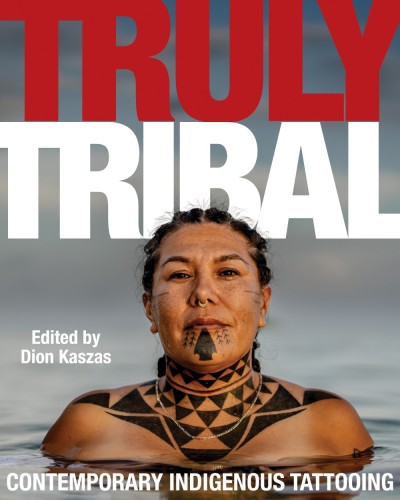
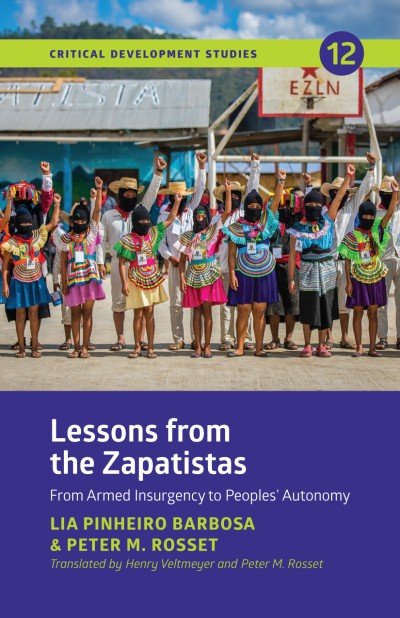
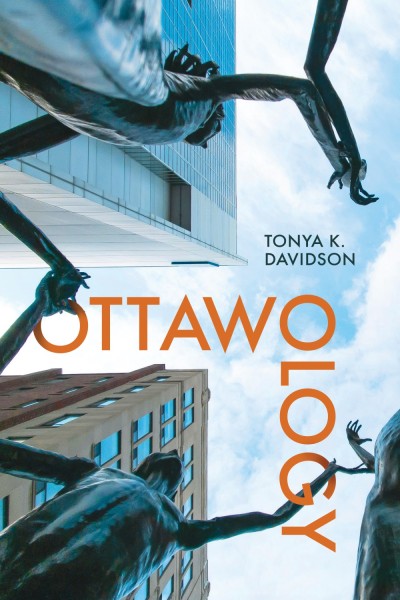
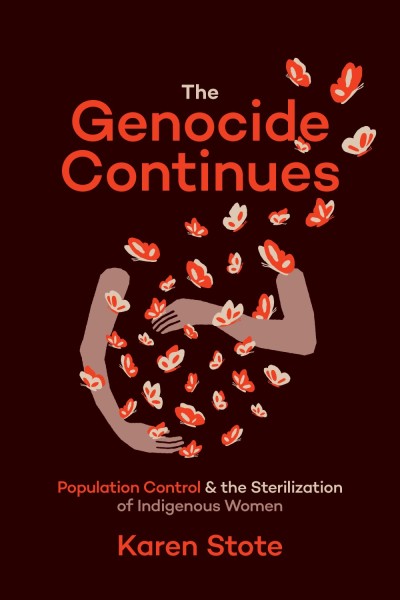
_cover-FINAL_400_600_90_s.jpg)
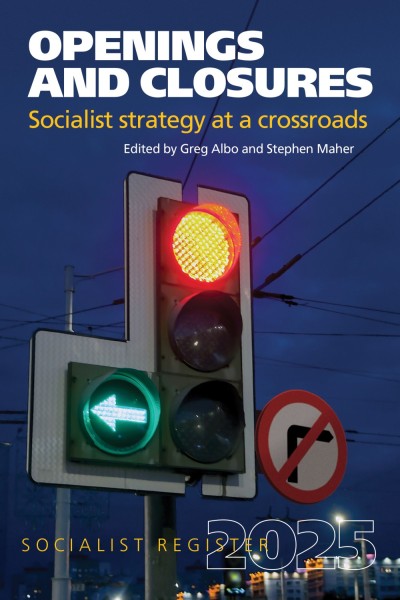
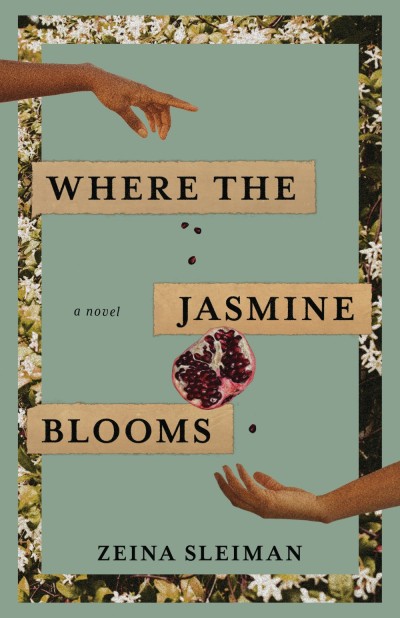

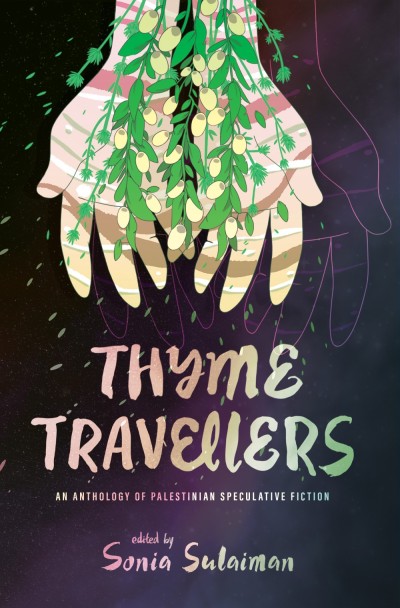
_cover-FINAL_400_618_90_s.jpg)
